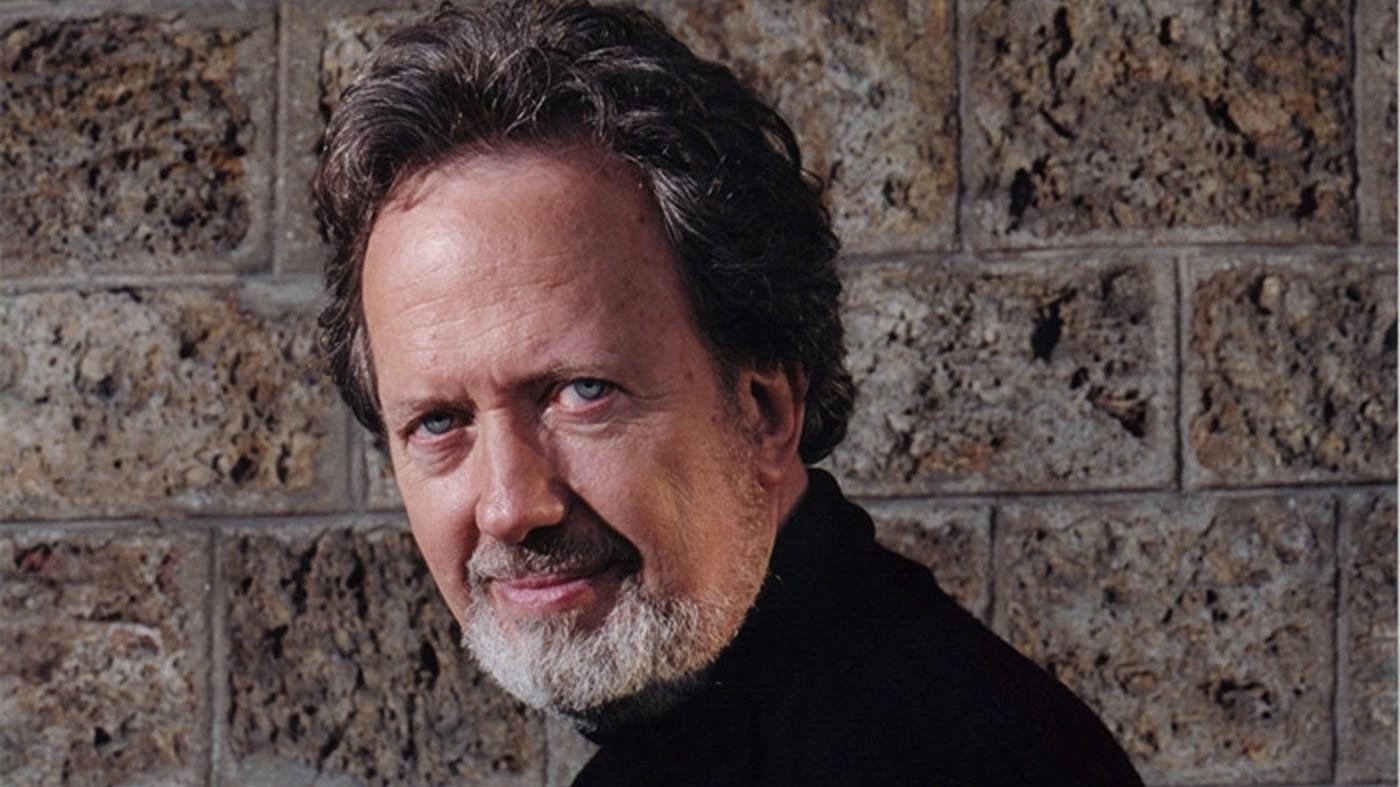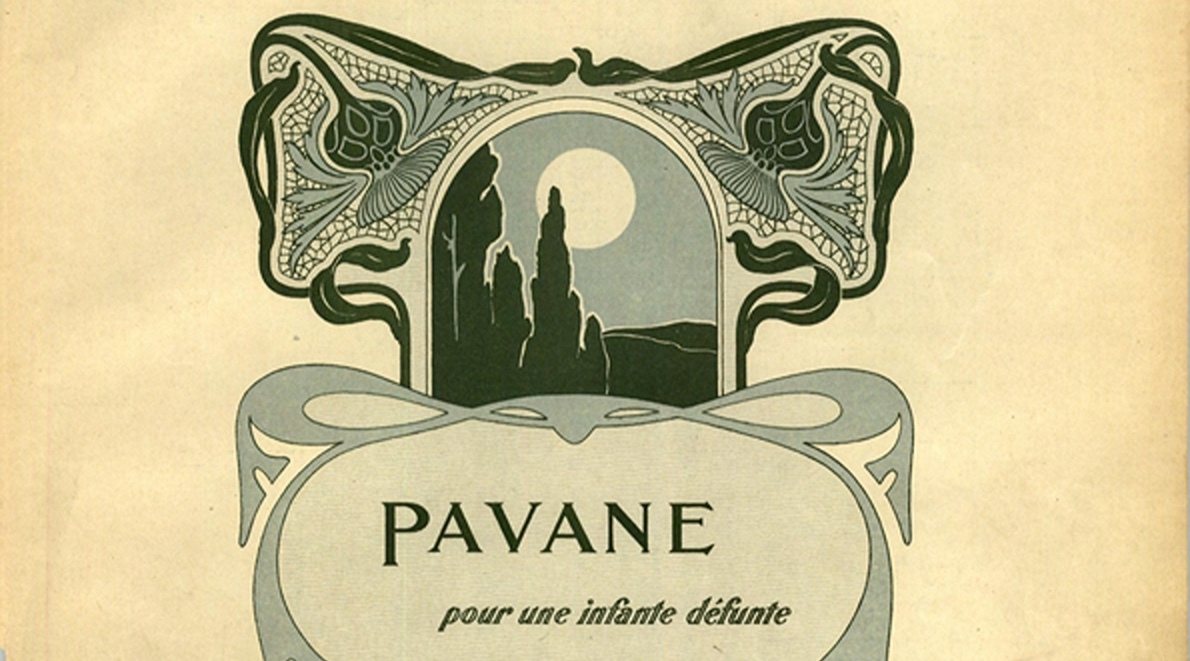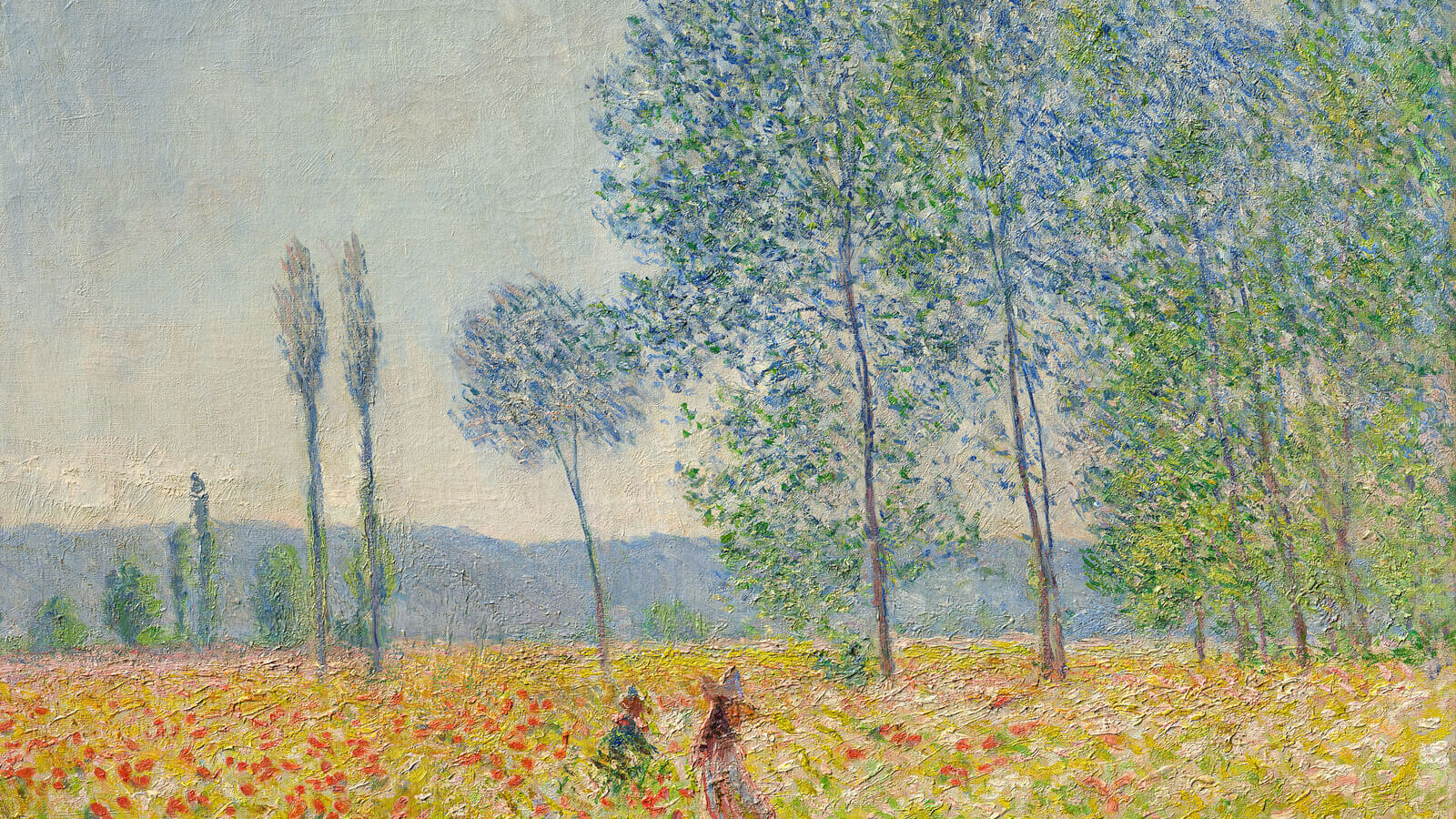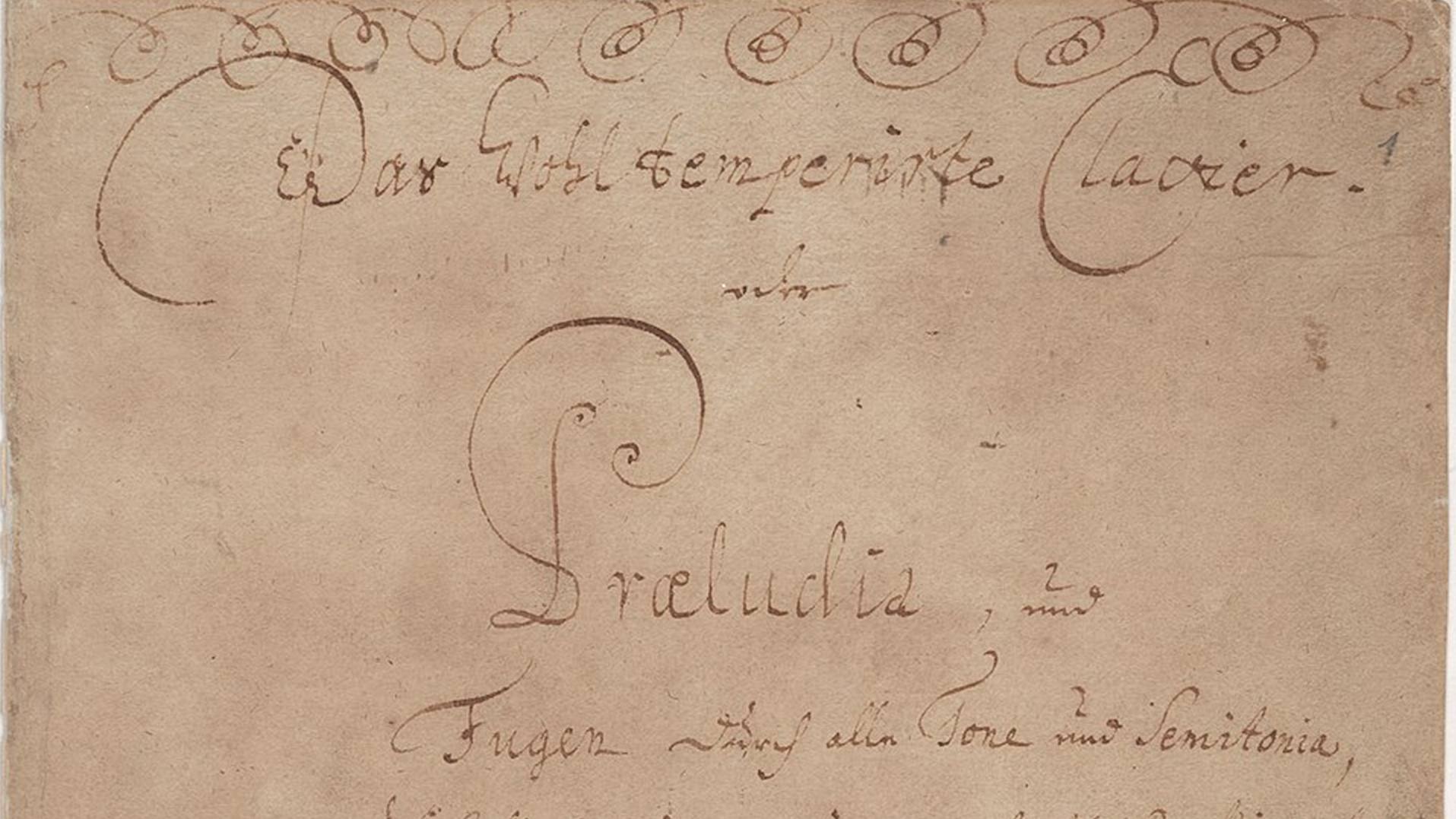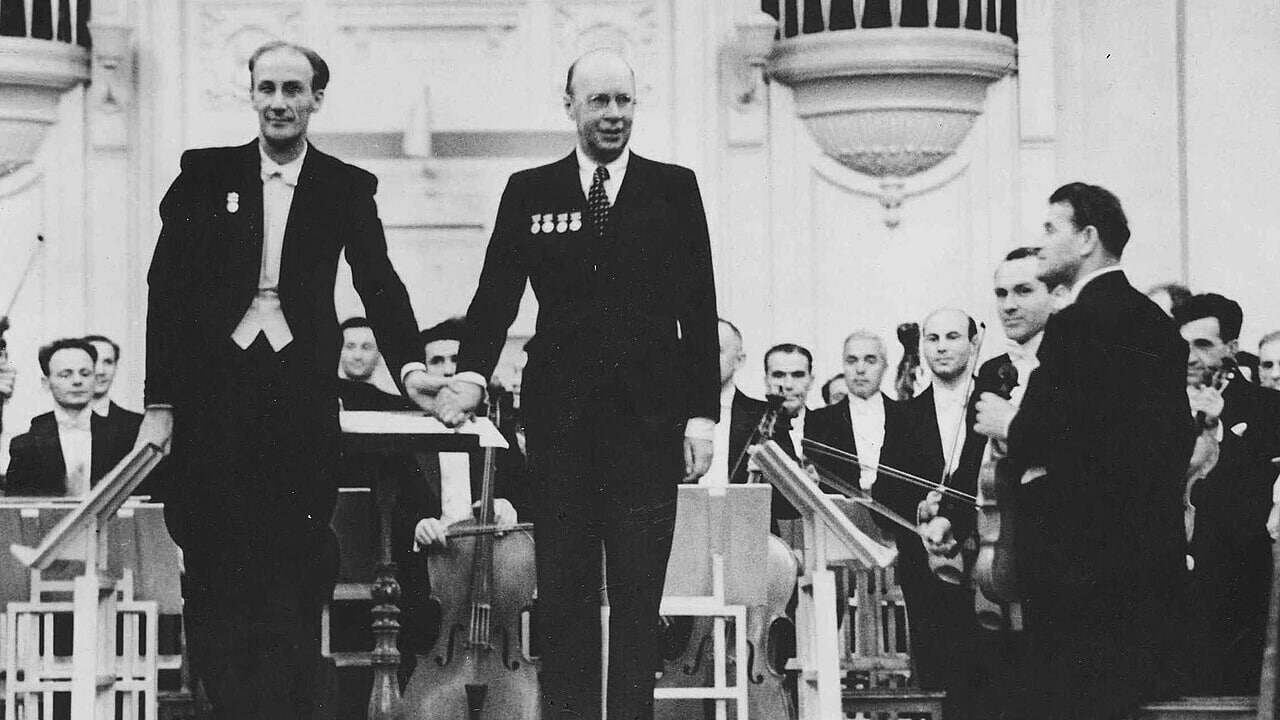Remembering John Nelson
American conductor John Nelson passed away on March 31, 2025. He was 83. Born in San José, Costa Rica, to American missionary parents, Nelson studied at Wheaton College and later at the Juilliard School. He went on to serve as music director of the Indianapolis Symphony Orchestra (1976-1987), Opera Theatre of St. Louis (1985-1988), the Caramoor Music Festival in New York (1983-1990), and the Orchestre de chambre de Paris (1998-2008). Additionally, he …

